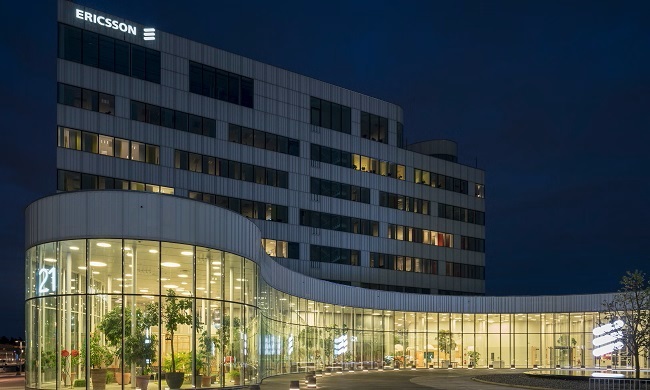
Ericsson CEO Borje Ekholm warned Europe could fall behind on 5G deployments due to the Covid-19 (coronavirus) pandemic, urging governments to encourage investment in the technology as a way to restart economies while insisting the vendor would emerge stronger from the crisis.
In a statement announcing its Q1 results, Ekholm expressed belief the industry as a whole will “show resilience throughout the pandemic”, but was concerned the situation could take its toll on 5G in Europe in particular.
“While we have been successful improving our position in Europe, we are concerned that 5G investments in Europe are delayed,” he said. “This means that Europe may fall behind on a critical digital infrastructure for the future. The criticality of the digital infrastructure has been further evidenced during the pandemic.”
Ekholm said the company determined to come out of the Covid-19 situation in a stronger competitive position, insisting it would not sacrifice investment in R&D, while pointing to a resilient balance sheet and the strength of its 5G portfolio.
He, however, added the current global uncertainty required a “humble attitude” towards near-term predictions and, while it maintained targets to 2022, it expects the second quarter to “be a tad softer than normal”.
Fredrik Jejdling, EVP and head of business area Networks, added the company “saw no reason to change our long-term financial targets”, but noted with most global markets on lockdown, there could be further impact to the business depending on how long the situation lasts.
Optimism
Ericsson reported a 2 per cent year-on-year increase in revenue
to SEK49.8 billion ($4.9 billion), while net income slipped from SEK2.4
billion in Q1 2019 to SEK2.3 billion.
Net sales dropped 2 per cent on a comparable currency basis, with small increases in its Networks segment offset by declines in Digital and Managed Services.
On a regional basis, sales growth in Europe, Japan, Middle East and Africa was offset by declines in Latin America, India and China.
Going forward, Ericsson pointed to 86 5G contracts secured to date, with 29 live deployments, as reasons to be optimistic.
It also expects to generate “material revenues” from 5G core contracts in 2021. Addressing its most recent high-profile deal with BT, Jejdling said he was unsure if deployment would be completed in 2021, but the revenue profile from such deals would be realised “later on”.
But Ericsson warned the T-Mobile US Merger with Sprint will impact its Managed Services business.
Jejdling said the scope of a contract held with Sprint since 2009 had reduced over time, adding the merged company has “a different approach to managed services”. mobileworldlive













